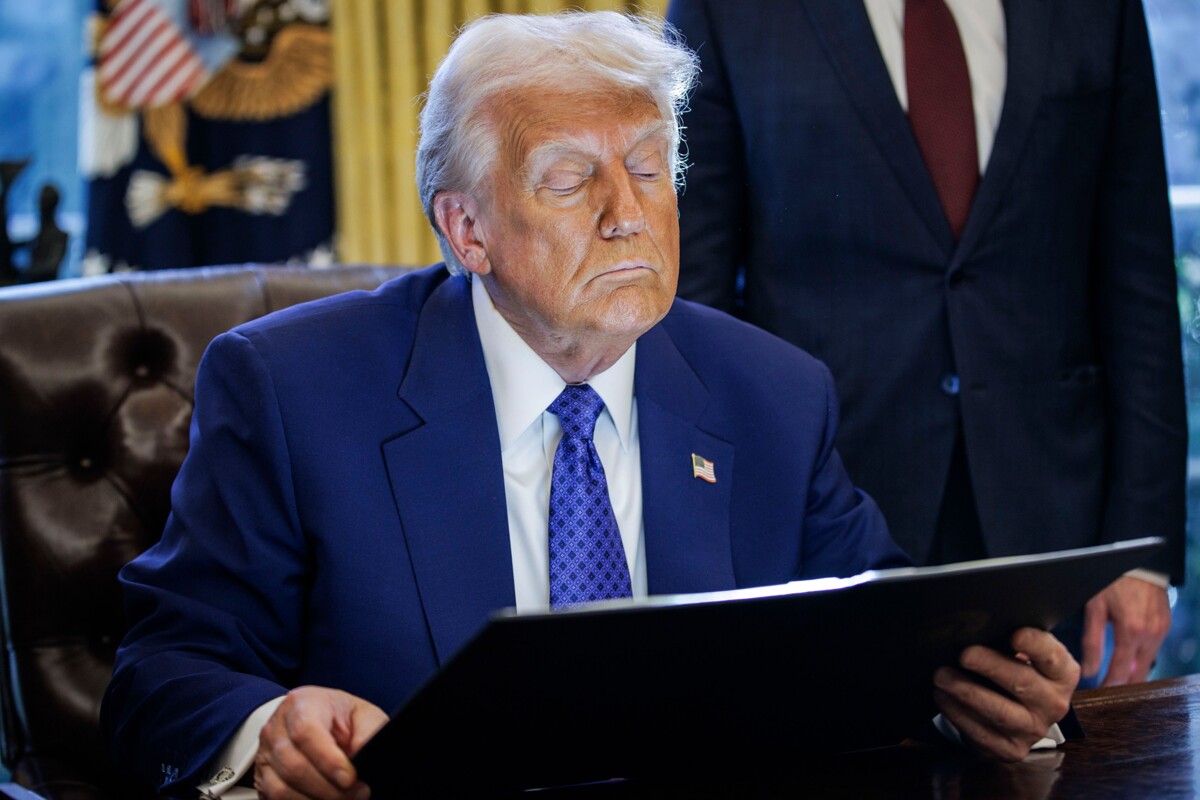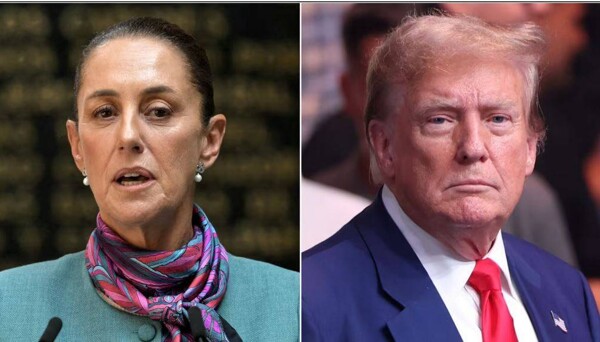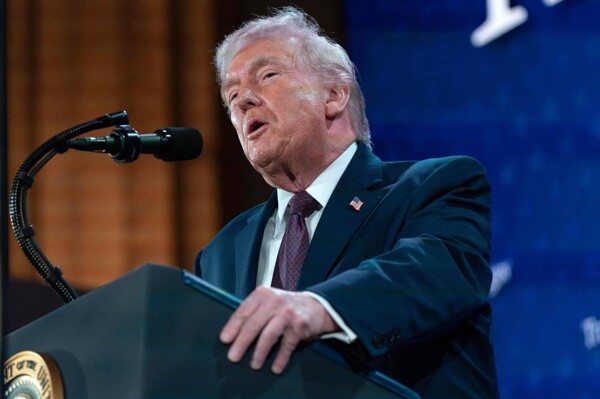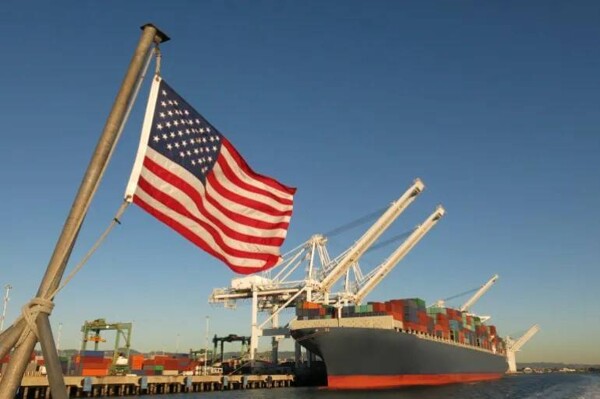
Donald Trump's second presidential term in the White House has been characterized by the signing of a series of decrees, notably including the mass deportations of migrants and the imposition of tariffs. In less than a month, his administration has begun to apply a 25 percent tariff on aluminum and steel, primarily targeting countries such as Mexico, Canada, and China, although it will also affect other nations like Argentina.
In the case of Mexico, the United States has shown interest in issues such as fentanyl trafficking, migration, and commercial ties with China. In this situation, President Claudia Sheinbaum recently presented the Mexico Plan, aimed at strengthening trade relations with North America and reducing dependence on China.
The idea of implementing protectionist actions in the U.S. economy is not new in Trump's trajectory. In the 1980s, the mogul observed how the Japanese conducted successful business in his country, which awakened in him a different vision of international trade. Trump began to consider the implementation of tariffs on foreigners as a necessary measure.
During his electoral campaign, Trump promised to change the foreign trade policy of the United States and assured that he would make the country's allies pay a fair price. His protectionist approach is based on the idea of boosting the domestic industry, especially high-tech manufacturing, as reflected in the recently announced investment of 500 billion dollars in Artificial Intelligence.














